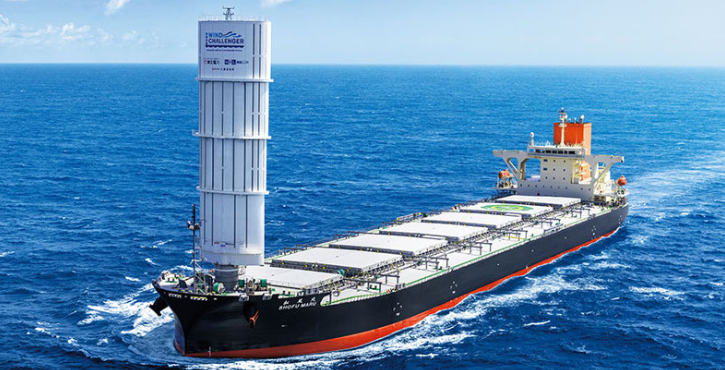Commercial shipping lines appear to have stabilised services during disruptions in the Red Sea region, with major container carriers showing the first improvement in schedule reliability in five months.
This is according to the latest Global Liner Performance (GLP) report released this week by Sea-Intelligence, a Danish firm that specialises in shipping data analysis. The report evaluates schedule reliability across 34 trade lanes and involves over 60 carriers for the period from 2019 to March 2024.
The report showed that container carriers improved their reliability by 1.6% in March 2024 versus the prior month and achieved the highest level so far in 2024.
Schedule reliability peaked at more than 64% in September and October 2023, but decreased every month after that as the Panama Canal started cutting transits, and the Houthis started their Red Sea attacks in mid-November.
As the round-Africa routings normalise and the carriers service networks stabilise, schedule reliability has started to improve, said Alan Murphy, CEO of Sea-Intelligence.
However, he said it still did not match pre-crisis levels, having decreased by 7.9 percentage points every year. The average delay for late vessel arrivals saw a marginal month-on-month decline of 0.52 days, recording 5.03 days.
Wan Hai was identified as the most reliable carrier, recording schedule reliability of 59.7%, followed by Hapag-Lloyd and ZIM, both at 56.1%. Eight lines exceeded the 50% reliability threshold. However, PIL was the least reliable, with a schedule reliability of 49%.
'Eleven of the top-13 were able to record a month-on-month improvement in schedule reliability in March 2024, with the largest improvement of 11.1 percentage points recorded by Wan Hai, he said.
CMA CGM recorded the largest decline of 1.8 percentage points. On a year-on-year level, none of the 13 carriers recorded an increase in schedule reliability, with PIL recording the largest decline of 18.1 percentage points,' said Murphy.
Meanwhile, an Alphaliner report has revealed that 41 new containerships with a capacity of 260,000 TEU were delivered in March followed by a further 50 new ships with a total capacity of 330,000 TEU in April.
It is expected that the introduction of these new ships will reduce pressures on the global supply chain.
Sign up to our mailing list and get daily news headlines and weekly features directly to your inbox free. Subscribe to receive print copies of Freight News Features to your door.











